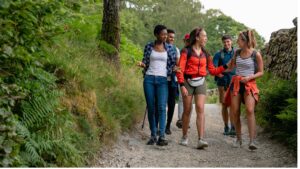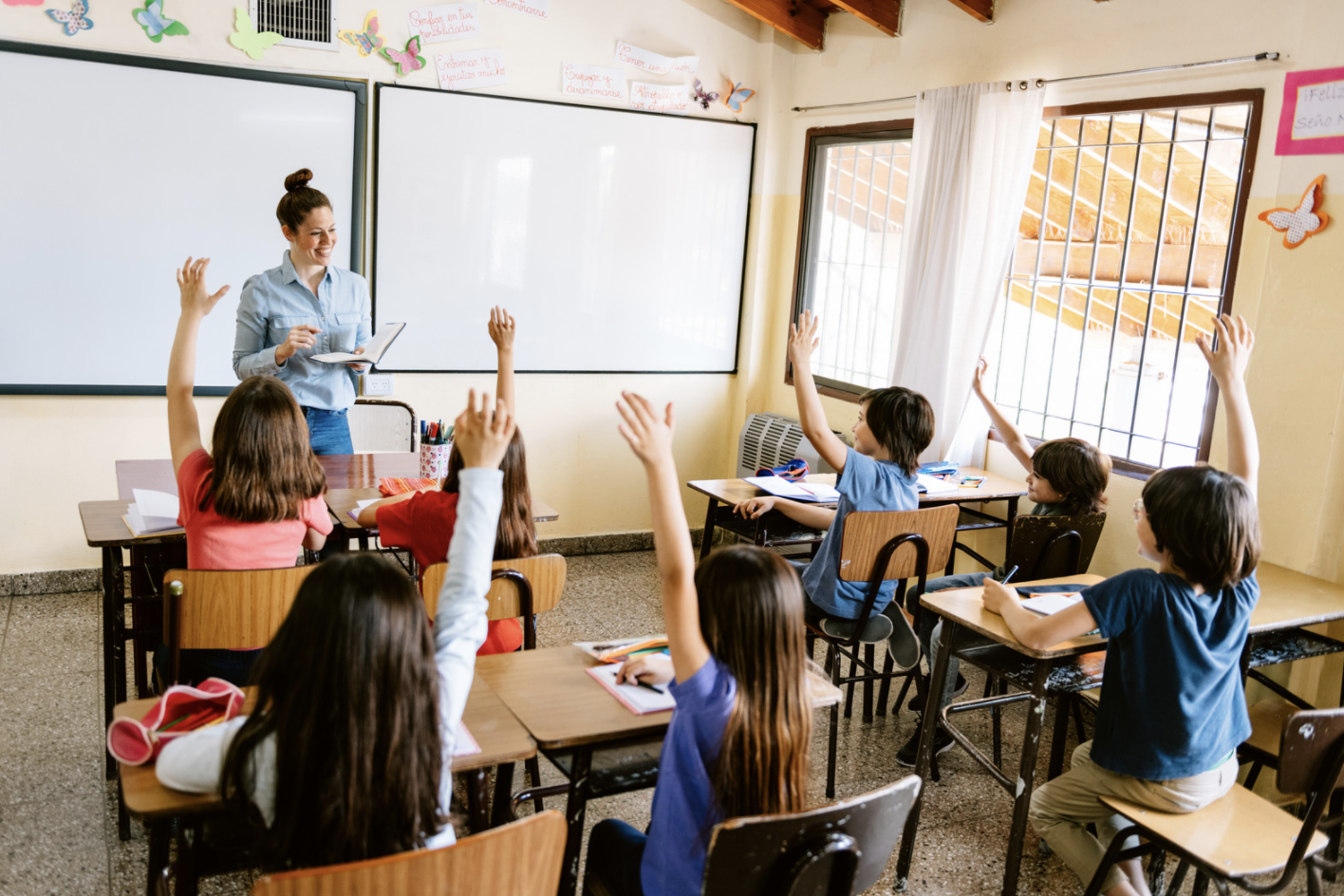How to Choose a Geography IA Topic

For many IB students choosing their Geography IA topic can be hard as it is often the first piece of fieldwork they have come across.
The IA can be taken from any of the topics you have been taught during your course. Moreover, we know how important it is since these marks are 25% of the final rating for SL students and 20% for HL counterparts.
With little to no experience in this type of work, it is hard to choose an IB Geography IA topic that is both interesting and feasible for investigation. However, deciding on a topic is critical since it affects the scope of data you need to collect, which kind of investigation you need to conduct, how you interpret the received data, and, finally, whether your findings are able to support your preliminary judgment.
Hopefully, your school will already have a field trip planned and ready for you.
In this post, we’d like to provide some tips on how to choose a Geography IA topic. After all, It can feel like a tough challenge, especially when a fail will also mean you can’t pass the overall IB diploma.
Local vs Global
For your Internal Assessment, you can choose any topic from the syllabus. However, some sections of the syllabus lend themselves better to field investigation than others. For example, the entire ‘Geographic perspectives – global change’ component is impossible to investigate without ample time and resources, which high school students clearly don’t have. Hence, it makes sense to focus on the “Geographical Themes” of the syllabus. If you’re at HL, you can also try to investigate one of the matters presented in the “Geographic Perspectives – global interactions” component.

Focus on a Small Area
One more reason to avoid ‘global’ topics is that you need to provide a map of an area you wish to explore. Undoubtedly, it is easier to draw (yes, you really should draw a map, not simply download it) something small-scale rather than large-scale. That being said, it is possible to extrapolate global processes on a local level.
For instance, you may want to explore how chain stores affect food consumption patterns in Location A, or how society in Location A challenged the influence of globalization. Like this, even though the context is global, you can still focus on a local area.
It is not a bad idea to choose a campus as your exploration site. In fact, many schools encourage this due to logistics and safety concerns. At the same time, unless your school is situated on the bank of a river, in a forest, on a beach, etc. it might be hard to find a suitable study area. In this case, we suggest urban environment-related topics. For instance, you can survey variations in ethnicity in your school, or investigate your student district (its population characteristics, service provision, etc.) Your teaching will be helping lead this process and giving you guidance on where you can do your fieldwork.
Less is More
If you wish, you can conduct a comparative analysis of two locations. Here is an example of how this can be done. ‘How does the different geology at Locations A and B affect their landforms’. You need to remember, though, that you’ll have to collect twice as much data, analyze, and evaluate it. However, you will still have only 2500 words. You should approach such topics with caution since it is hard to balance between sufficient investigation and a limited word count.
Stand Out from the Crowd
Chances are that your classmates choose the same object of study or even come up with a similar topic. According to the IB Geography guide, it is not forbidden to conduct a group investigation as long as you provide independent analyses, data interpretation, and evaluation. Still, it’s best to try and separate your work from others. For example, even if some of your fellow students decide to track the impact of humans on a coastal environment, what you study exactly can make a difference –footpath erosion, beach litter, trampling effects on dunes, etc.
Academic Honesty
It goes without saying that you shouldn’t no plagiarise anything. However, we are stating it again here because not a year goes by without teachers seeing students who have cut and pasted work directly from sources without attributing it. This can result in failing your IB Diploma, so please take this warning to heart. Any plagiarism will be found and sanctioned by the IB.
This means you need to choose an IA topic that you can deliver on your own and is 100% your own work, with all sources attributed in the correct way.
Book free trial with our certified IB Geography teachers today
100 % of tutors are certified teachers and examiners
Individual work
Even if, like many schools, you are doing the fieldwork as part of the group, the IA itself must be entirely your own work. This means choosing your own topic wisely. So, after the initial general discussion, the methodology, the analysis, and the writing of the Geography IA must be wholly your work.
Measurable Topics
When assessing your IA, examiners have a bias toward primary data. This means the data you gathered on your own in contrast to data from published sources. Hence, it is important to choose a topic that makes it possible to accumulate accurate data in adequate quantity. Some topics need simple measurements (you can measure snow melting affects the level of water in a river). Others require easy-to-do polls (such as surveys to identify ethnicity variations in your school). Other topics may require advanced equipment (which your school may not provide) or complex methodology for data gathering. You definitely want to stick to more measurable topics.
Need Help with IB Geography IA?
Internal Assessment is responsible for 20% – 25% (for HL and SL respectively) of your IB Geography total grade. You cannot present below-par work and hope to get all 25 marks. Instead, you need to approach your fieldwork carefully and responsibly, to be able to reach the top grades.

If you feel you need a helping hand with your IA we are here. Whether it is choosing a good topic, methodology, or evaluation of your findings, you can count on us. TutorsPlus is an experienced team of professional tutors well-vested in IB Geography in general and Geography Internal Assignments in particular. We can help you make your fieldwork stand out. We are available at 022 731 8148 and anytime you need us.
Find more about our IB geography tutors here.














